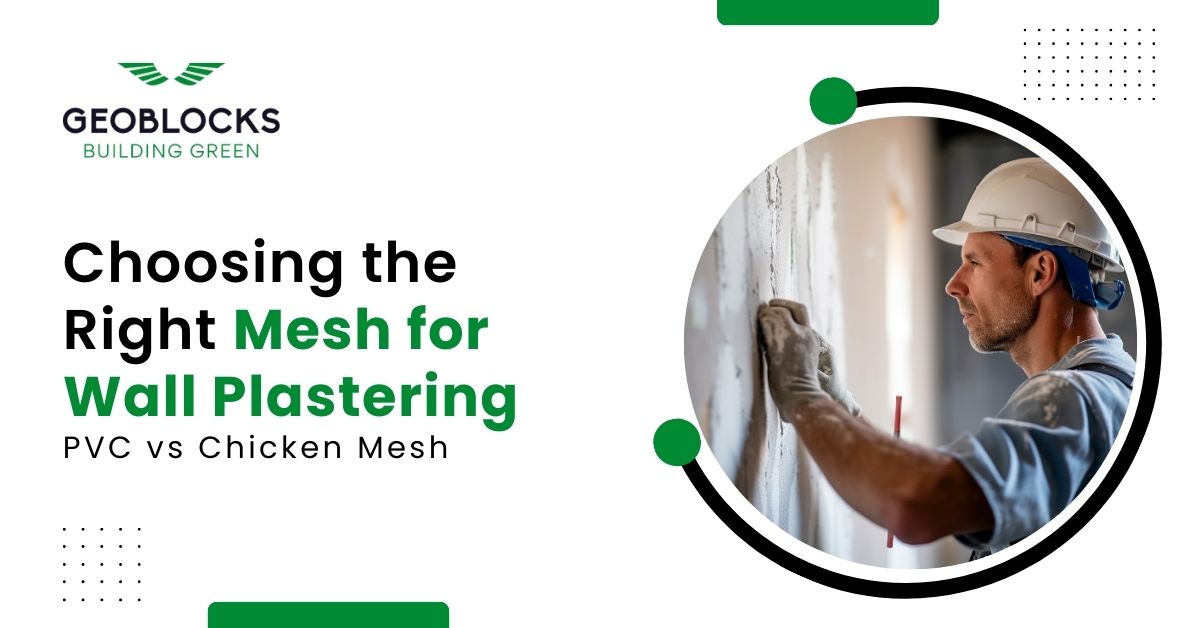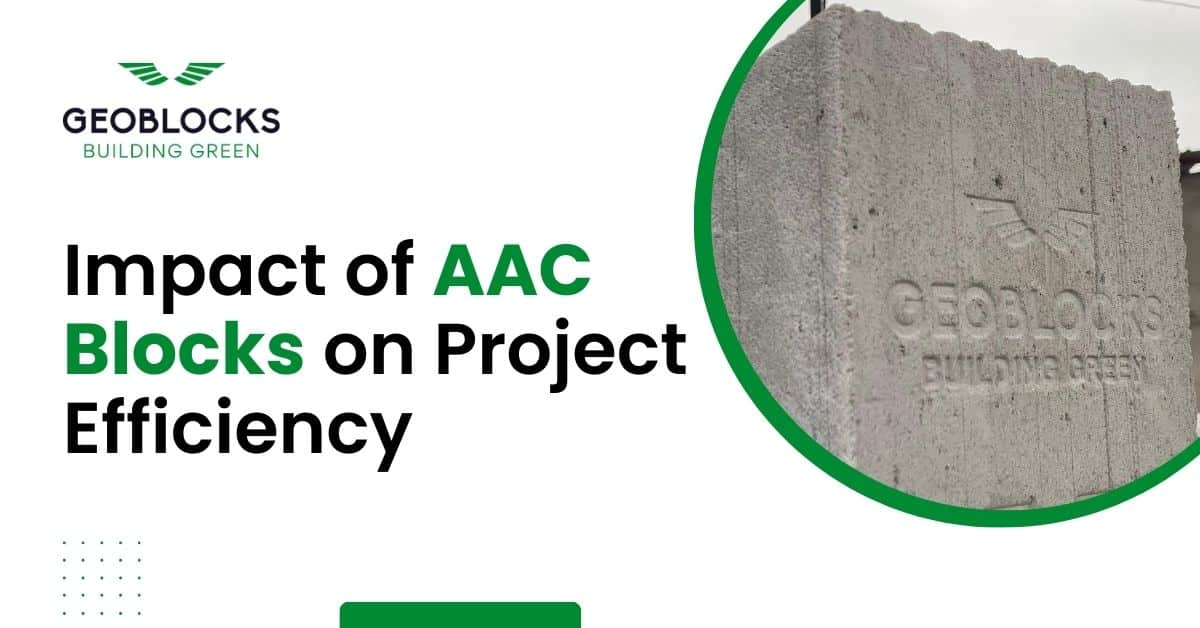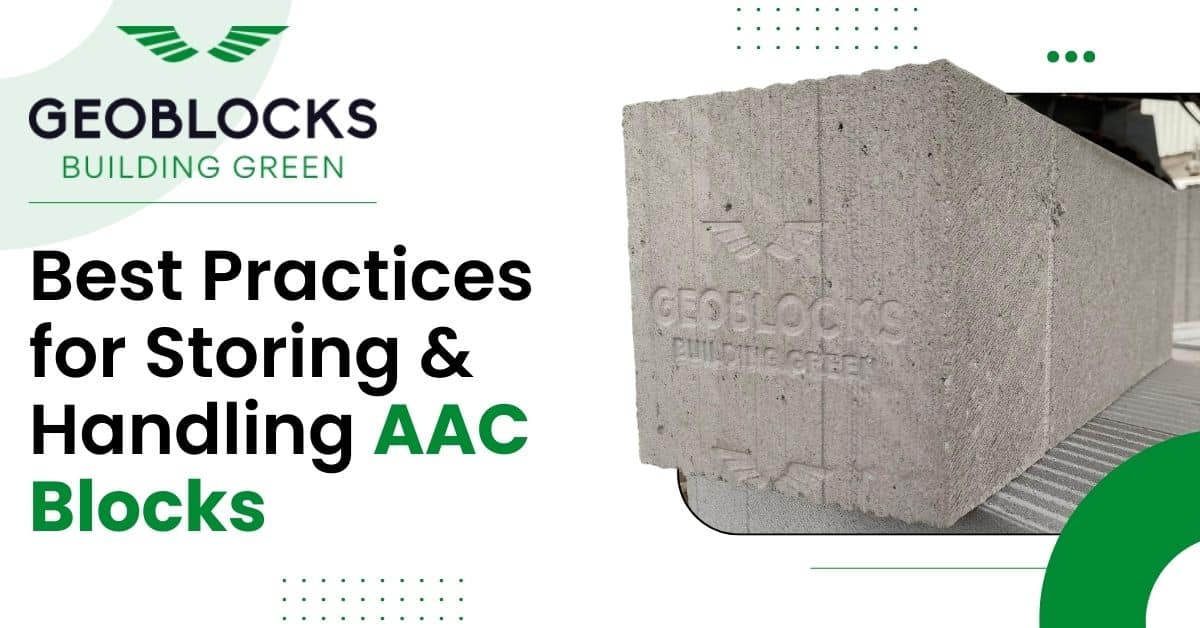Installing AAC blocks the right way is crucial for long-lasting, energy-efficient, and eco-friendly construction. Whether…

In Wall Plastering, selecting the right mesh is crucial for achieving a durable and smooth finish. At GEOBLOCKS, a Leading Building Materials Supplier in Vadodara, we compare two popular mesh for wall plastering options: PVC Mesh and Chicken Mesh, to help you make an informed decision for your construction projects.
PVC Mesh for Wall Plastering
PVC (Polyvinyl Chloride) Mesh is a modern choice for wall plastering due to its durability and ease of use. Made from high-quality plastic, PVC Mesh offers several advantages:
Resistance to Moisture: PVC Mesh is resistant to water and corrosion, making it ideal for areas prone to dampness.
Flexibility: It conforms well to wall surfaces, reducing the risk of cracks and ensuring a smooth plaster finish.
Longevity: Its robust construction means it lasts longer and maintains its performance over time.
Chicken Mesh for Wall Plastering
Chicken Mesh, typically made of galvanized steel, has been a traditional choice for plastering. It’s known for its:
Strength: The Steel Mesh provides excellent reinforcement, supporting the plaster and preventing cracks.
Affordability: Generally, Chicken Mesh is less expensive than PVC Mesh, making it a cost-effective option for large projects.
Availability: It’s widely available and familiar to many contractors, ensuring ease of sourcing and use.
Which One to Choose?
For Moisture-Prone Areas: PVC Mesh is preferred due to its resistance to rust and water damage.
For Budget-Friendly Projects: Chicken Mesh offers a cost-effective solution with reliable strength.
For Aesthetic Finishes: PVC Mesh’s smooth surface helps achieve a cleaner finish with less maintenance.
Frequently Asked Questions
What is PVC Mesh Used for in Wall Plastering?
PVC Mesh is used to reinforce plaster on walls, providing a smooth and durable finish. Its moisture resistance makes it ideal for damp environments.
What are the Advantages of Using Chicken Mesh for Plastering?
Chicken mesh offers strong reinforcement and is cost-effective. It’s widely available and provides reliable support for plaster applications.
Which Mesh is Better for Areas with High Moisture?
PVC mesh is better suited for high-moisture areas due to its resistance to water and corrosion, ensuring long-lasting performance.
How Does the Cost of PVC Mesh Compare to Chicken Mesh?
PVC Mesh generally costs more than chicken mesh but offers additional benefits such as moisture resistance and durability.
Can PVC Mesh Be Used in All Plastering Projects?
Yes, PVC mesh is versatile and suitable for most plastering projects, especially where moisture resistance and a smooth finish are desired.
What Factors Should Be Considered When Choosing Between PVC and Chicken Mesh?
Consider factors such as moisture levels, budget, and desired finish. PVC mesh is ideal for moisture-prone areas, while chicken mesh is a cost-effective option for general use.
Is Chicken Mesh a Good Option for High-strength Plastering?
Yes, chicken mesh provides strong reinforcement, making it a reliable choice for high-strength plastering needs.
How Does the Choice of Mesh Impact Plastering Results?
The choice of mesh affects plaster adhesion, durability, and overall finish. PVC Mesh offers a smoother finish, while chicken mesh provides solid reinforcement.
Conclusion
Choosing the right mesh for wall plastering depends on your specific needs and budget. PVC mesh offers durability and moisture resistance, while chicken mesh provides strength and cost-effectiveness. At GEOBLOCKS, we provide both options to suit your construction requirements, ensuring superior plastering results. Explore our range of high-quality materials and make your project a success with GEOBLOCKS.




